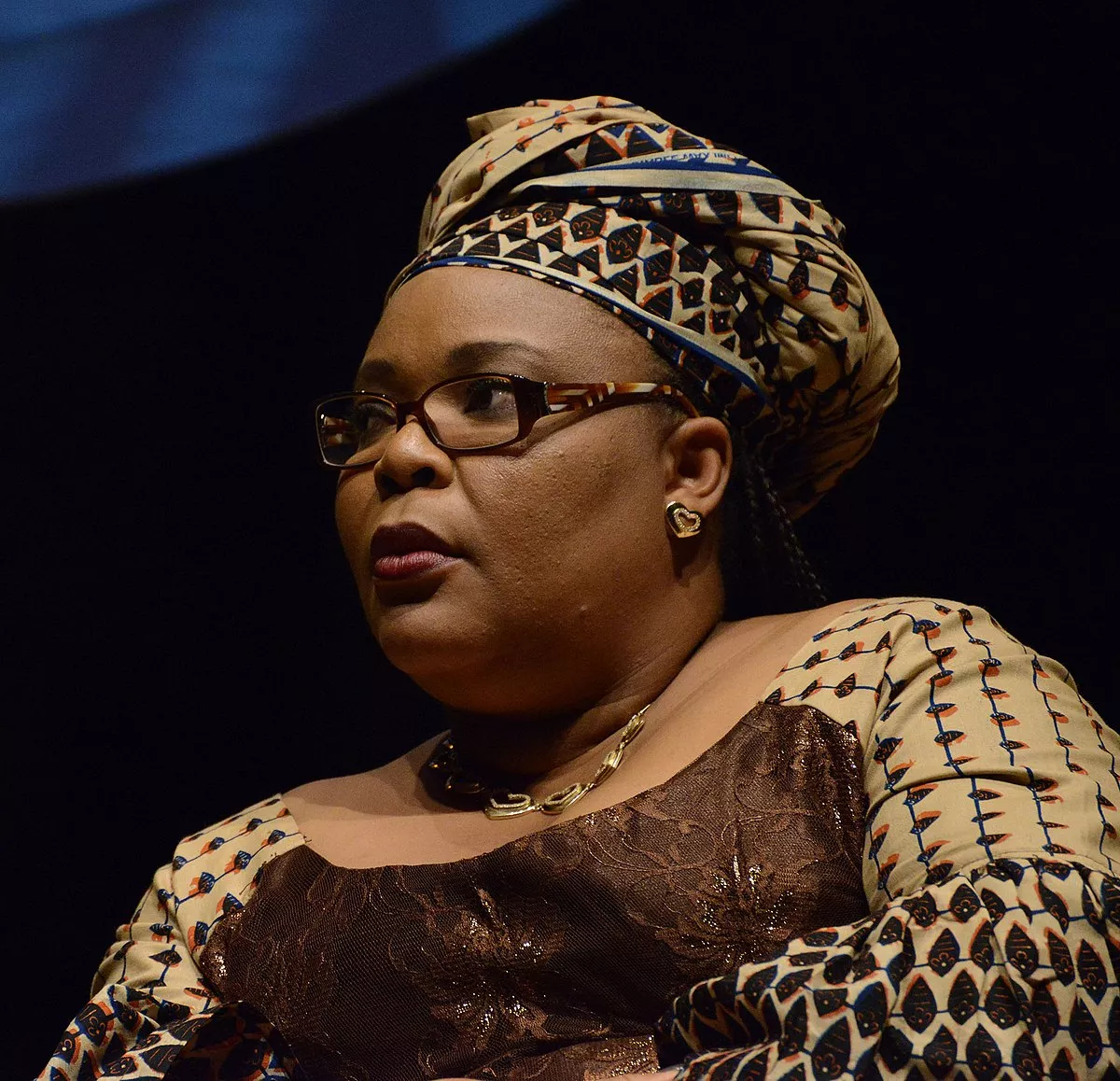 1.
1. Leymah Roberta Gbowee was born on 1 February 1972 and is a Liberian peace activist responsible for leading a women's non-violent peace movement, Women of Liberia Mass Action for Peace that helped bring an end to the Second Liberian Civil War in 2003.